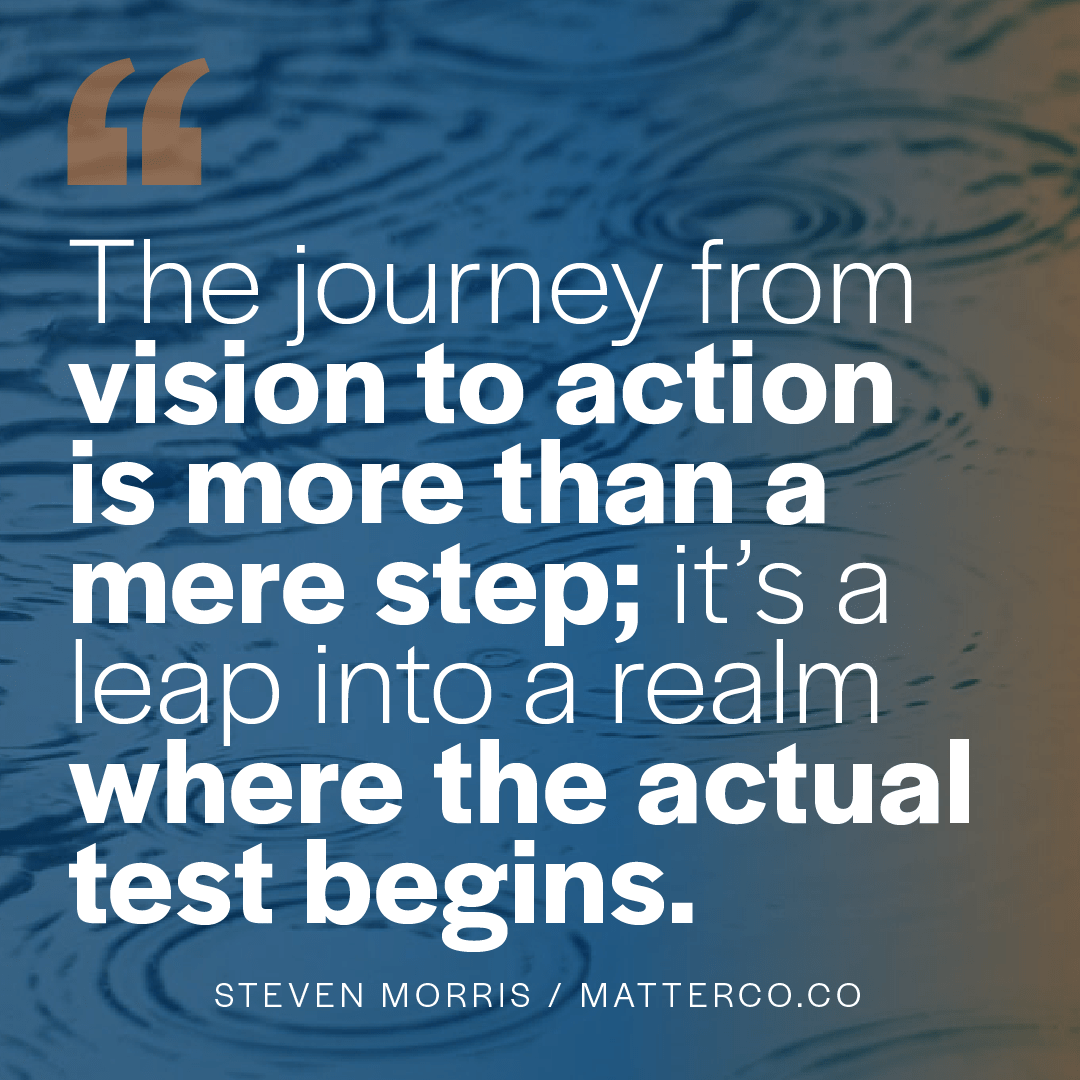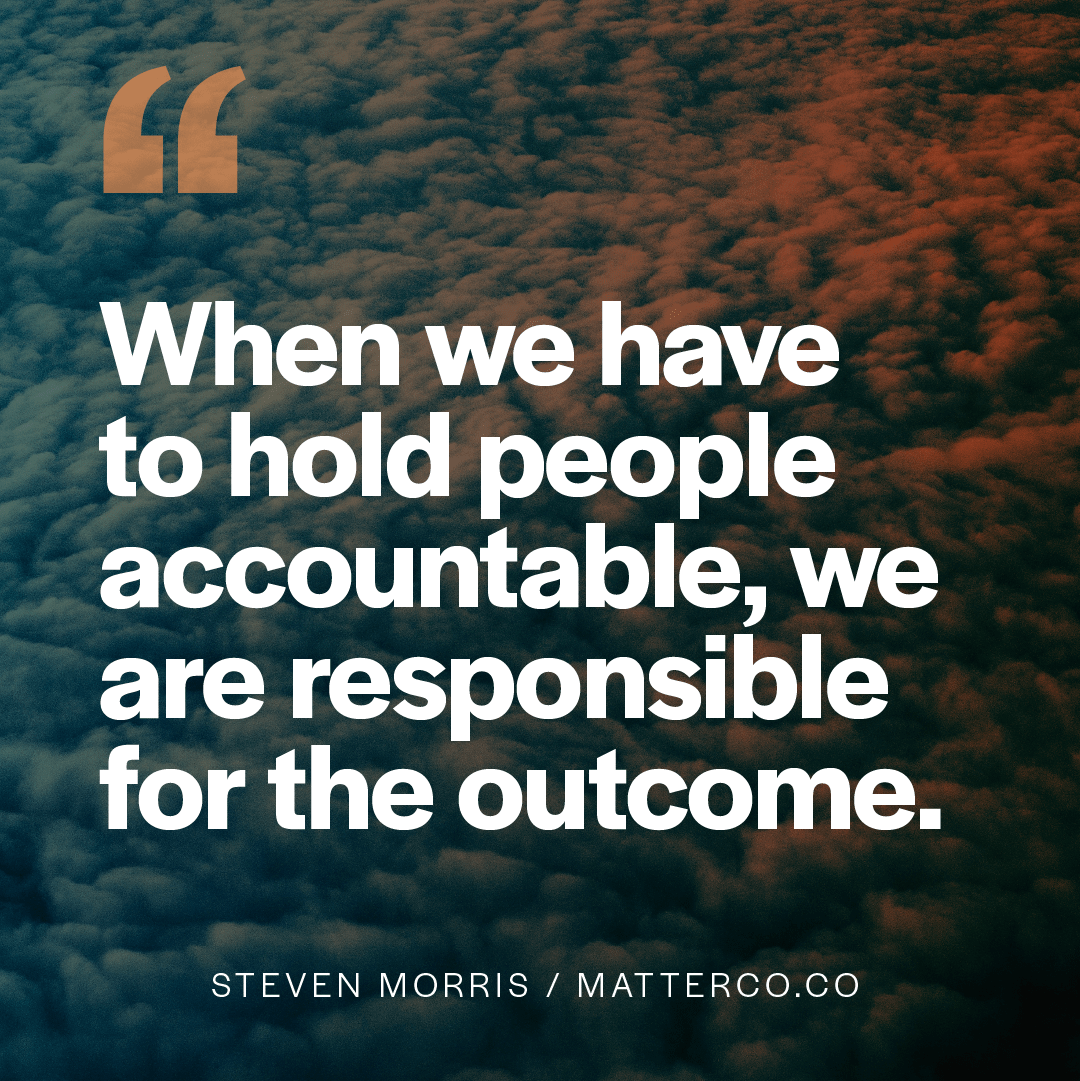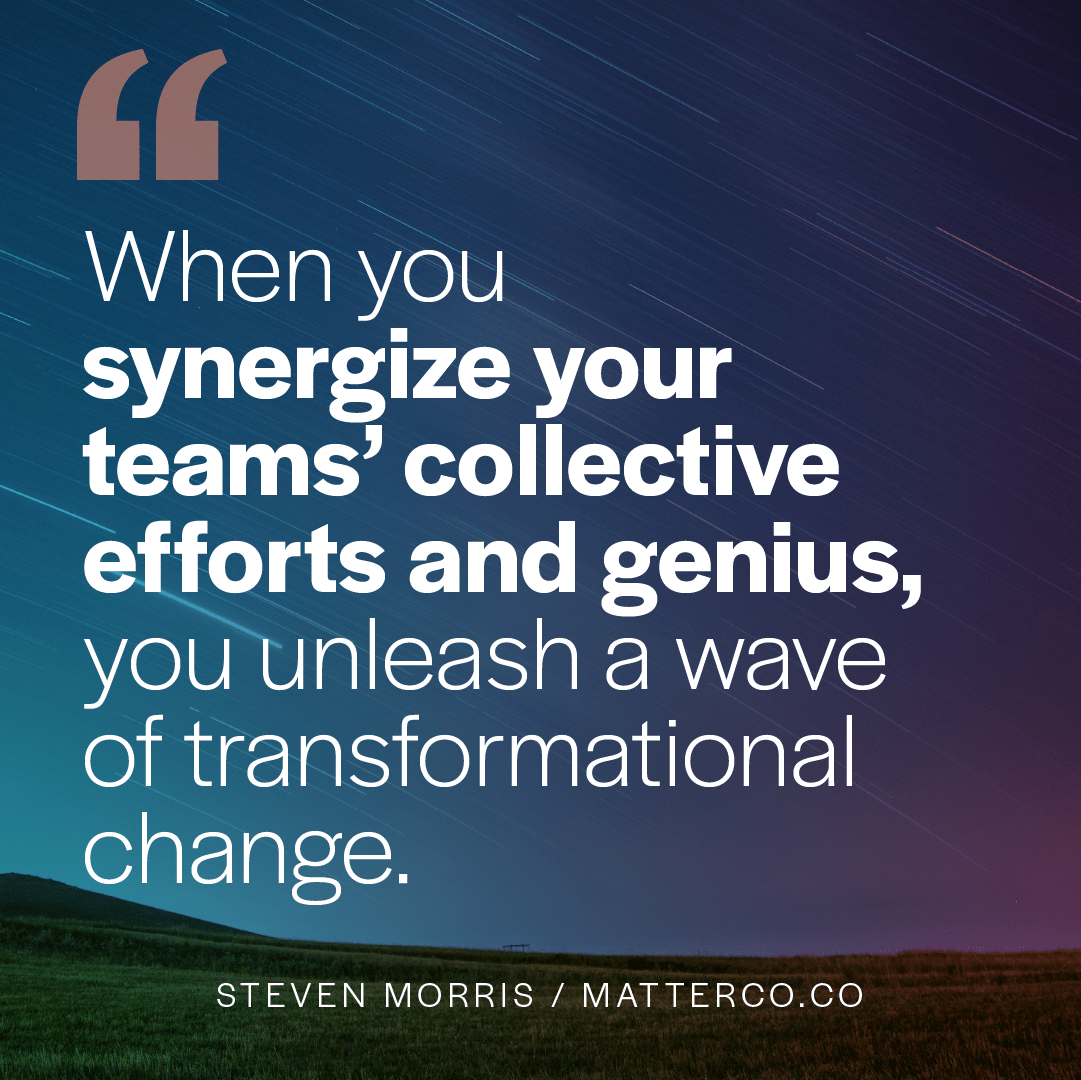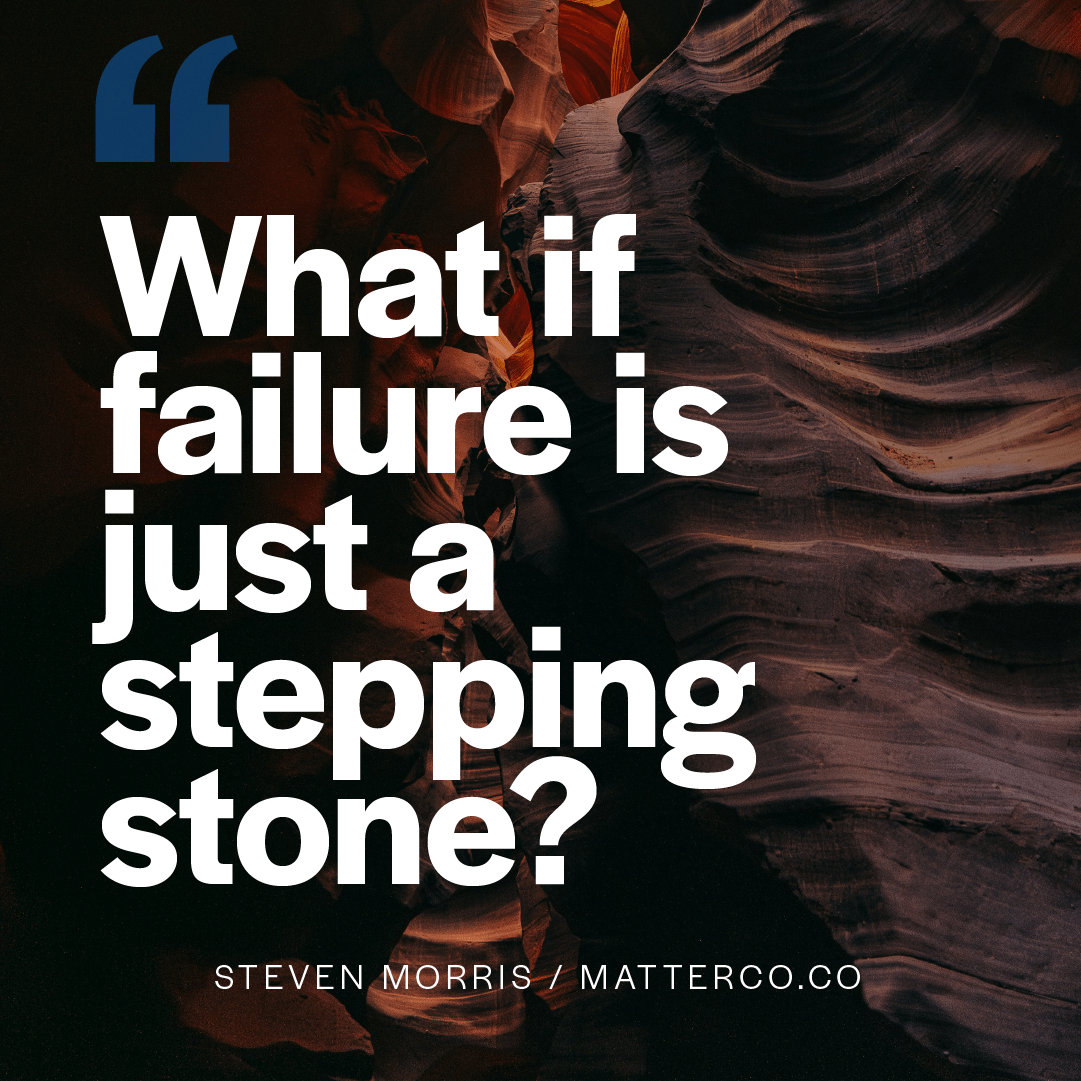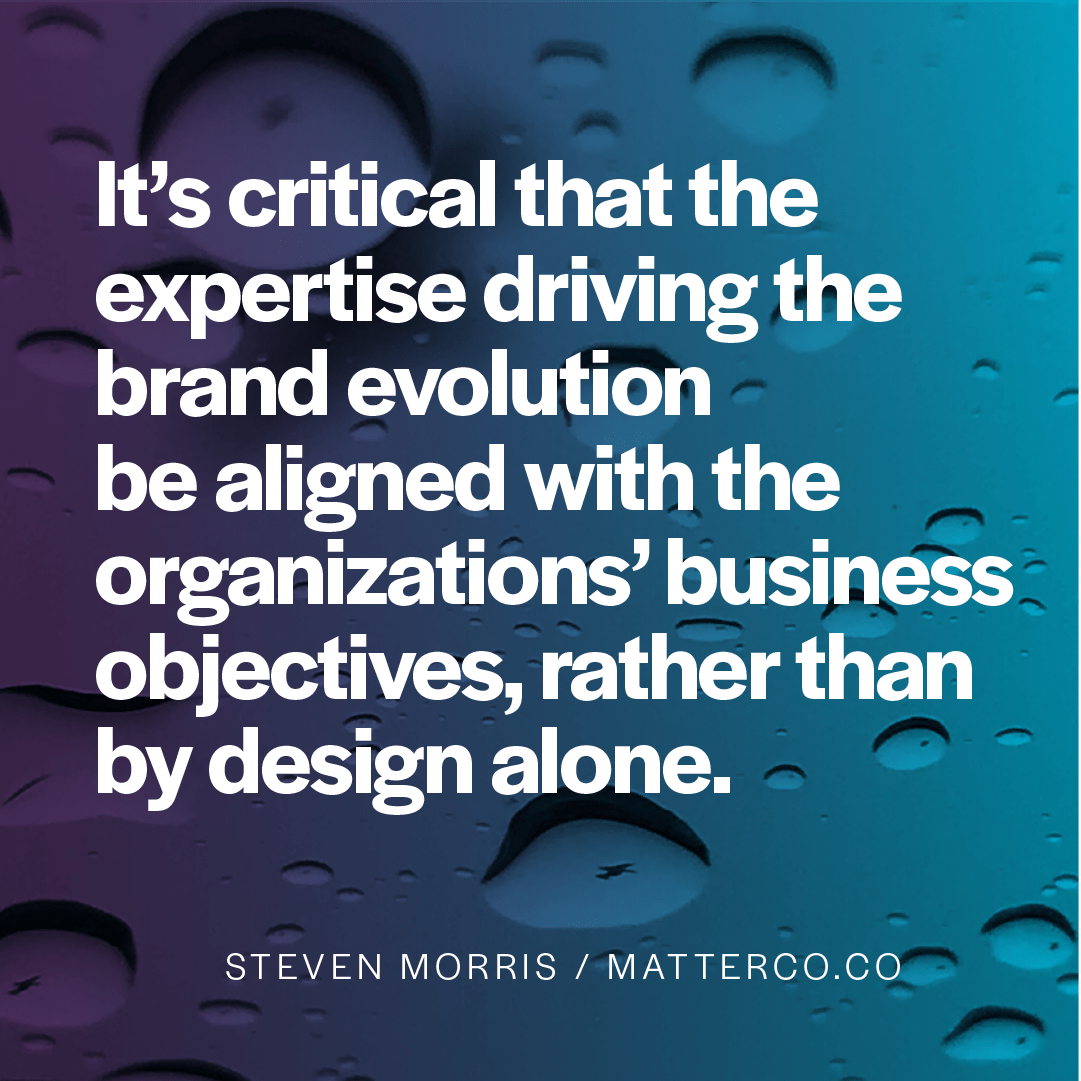
The Only Reason Brands Evolve
With all the talk about brand purpose and our purpose-driven economy, there are throngs of skeptics in the C-suite of many organizations. Leaders are looking for clear connections between their brand investment and the profit centers within their businesses.
Rightly so.
The impetus behind any brand evolution is ultimately an economic goal. It’s no longer enough for brands to just deliver a decent product, look great, and be trustworthy. Consumers have a growing insistence for brands that represent something bigger.
Only when economic circumstances are painful enough—loss in market-share, diminished reputation, lost opportunities to reach a larger audience, competitors who out-evolve a brand or customers switching to a more meaningful competitor brand—do business leaders typically take the courageous step of brand evolution. Even then, they wonder aloud or in closed-door meetings whether or not the investment in a brand evolution will pay dividends.
There’s mounting evidence that well-evolved brands, built on purpose, are far out-pacing purposeless brands. According to Edelman’s Brandshare report, 87% of respondents around the world say they want a “meaningful relationship” with brands. Harvard Business Review found that only 23% of consumers feel that they have one. If your customer feels they have no real connection to your company, they will move on to a competitor. Good to Great points out that, “Purpose-driven companies out-perform traditional companies by up to 7 to 1.” And, Firms of Endearment in the U.S. outperform Good to Great companies by 1,681%.” The statistics and evidence goes on and on.
Traditionally, we see a lot of attention paid to intangible brand attributes—logo, packaging, visual systems, etc.—that can be very important but are very hard to measure effectiveness. As such, there’s the perception by business leaders that the branding process is a creative process, so they often don’t see the value. Firms that purport to be branding experts, but are actually creative agencies, perpetuate this myth.
In my brand evolution process, I work to align business goals and marketplace positioning, by involving business leaders, board members and other key stakeholders, in addition to the marketing leads. We measure our success by creating significant growth in brand value and profits. But the measurement doesn’t stop there. Looking at valuable metrics that include employee engagement, turnover, customer loyalty, customer retention, repeat purchases, customer referrals, and even NPS scores, all matter.
Evolving into profit.
In order to maximize profit, your brand evolution must be strategized, crafted, and messaged to create lasting loyalty. Of course, all brands need customers. The cost to gain a customer, or investor, or donations, is maximized when the customers return time and time again. By focusing on both the customer-focused business objective and the purpose of an organization, mindful brand evolution builds a win-win into the brand strategy, messaging, voice, expression, and story.
The customer is the hero of all of the discussions I have about the brand. And I want the customer’s needs and values to translate to business strategy and then to brand strategy. It’s critical that the expertise in the room driving the brand strategy process be aligned with the expertise that is driving business objectives, rather than by design alone.
As stated above, brands evolve for the sole purpose of a business opportunity that is falling short or not being maximized. Tethering the solution (to the challenges a business is facing) to the brand evolution outcome is my specialization.
The profitable advantages of building a purpose-driven brand:
- Customers will be more loyal in repeat purchases
- Customers generate more referrals to your brand
- Your products and services can carry a higher price point
- Word of mouth marketing and viral marketing is more common and effective
- Valuation of your company can be significantly higher (One example: Razer Electronics became a $1 billion company on Fortune’s Unicorn List)
If you want a more trusting team, a culture of belonging or a magnetic brand that attracts more of the right customers, I can help. If you'd like to explore if working together makes sense, drop me a line.




